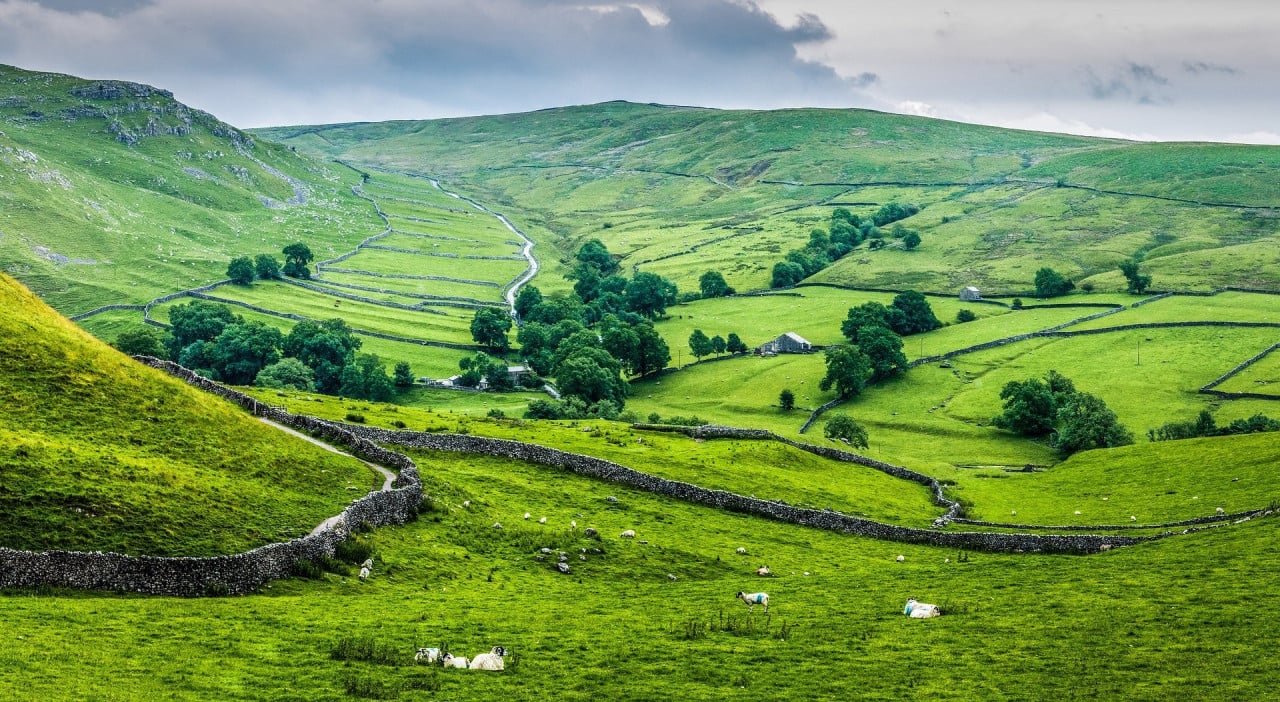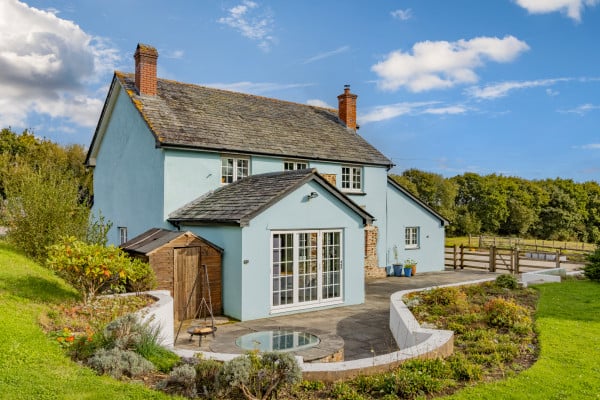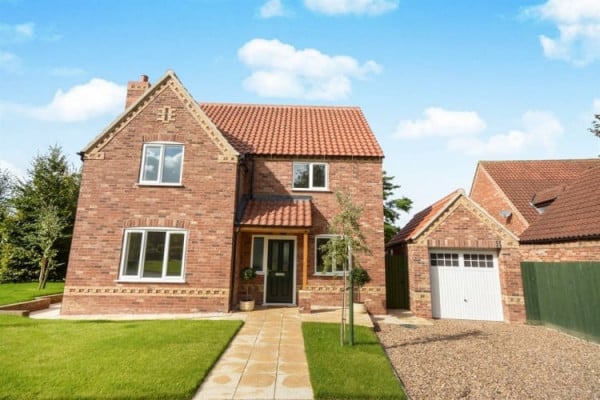6 Misconceptions About Living in The Countryside

For many of us living in UK cities, there comes a time when we realise that we’ve had our fill of the hustle and bustle and we look to move on to greener pastures. But if you’ve become accustomed to city living, the prospect of moving to countryside can be a daunting one, especially as the great ‘fear of missing out’ sets in. Life in the countryside is not as disconnected as you might think, though, and in fact there are many benefits that come with leaving the city behind.
With so many misconceptions surrounding modern country living, it is easy to be put off for fear of becoming isolated or missing out on opportunities that the city provides. But with constantly improving facilities, greater access to nature and green spaces and the chance to become a part of a thriving community, leaving the city in search of a rural lifestyle could be the best decision you ever make. This guide will attempt to debunk six of the biggest misconceptions about life in the country today.
You’ll have to live completely off-grid
When most of us think of country living, we picture something akin to the BBC sitcom ‘The Good Life’ (originally broadcast in the 1970s) - chicken coups, vegetable patches and chopping your own firewood. While all of that is certainly possible if you have the land to do so, life in the countryside has moved on in the last half century and the majority of homes in the country today are just as developed and connected as those in most towns and cities.
Perhaps the biggest difference between having a home in the country and the city is the opportunity to live more sustainably. Depending on the size of your property, living in a more remote area may allow you to seek new forms of renewable energy, such as installing solar panels to the roof of your home, as well as considering improved home storage solutions, such as bunded oil tanks for your central heating system.
You’ll be miles away from everything
While for some of us the prospect of living in a detached property away from others is an attractive one, such homes are harder to come by in the country these days and it’s far more likely that yours will be much closer to a small town or village. You’ll always be just a short drive away from important facilities like supermarkets and medical centres whilst also being a stone’s throw away from green spaces and natural locations, which are perfect for exercise, fresh air or giving yourself a vital mental health boost.
Your children will miss out
Making the move to the countryside can be a concern for parents when it comes to choosing the best options for your children’s education, but you needn't be worried that your children will miss out. Schools in rural areas offer a similar standard of education, additional support and extracurricular activity as those in urban areas. According to a 2020 article from Rural Services Network, students in rural schools are actually outperforming their city counterparts, achieving better grades in English and Maths overall. And if you’re worried about how your children will travel to and from school each day, most rural schools offer bus services that operate in even the most remote locations.
Your internet connection will be terrible
Slow, unreliable broadband is less of a problem in rural areas than it was 10 or 15 years ago, with most local authorities having overseen the rollout of cable and fibre broadband to the majority of countryside properties in recent years. Less densely populated areas may even benefit from a faster broadband connection than you would get in the city due to less people using up bandwidth. There are, however, still areas where the faster broadband rollout has yet to be completed, so it’s important to do your research before you move and consider other options, such as mobile and satellite broadband.
You’ll love every second
Moving to an unfamiliar place is always tough whatever the circumstances, let alone having to adjust to the contrast between the city and the countryside. You may find it a struggle at first, especially the lack of noise, having to travel a little bit further to go to the shops and not being in close proximity with your friends and family. But over time you will likely come to appreciate the quiet nights, fresh air and open spaces surrounding your new home, and all of this will help you to forget about your initial struggles to adapt.
You’ll immediately get welcomed into the community
Living in the countryside offers the chance to become a part of a much more inclusive community when compared to life in the city, but it won’t happen on its own. It’s likely that your neighbours will give you a warm welcome to the area and you may even be invited to join in with local events, but such friendliness will need to be reciprocated if you’re going to become an active member of the community long term. Doing so will help you to make new friends, which can be key to living happily in your new home.
References
- https://www.tanksforeverything.co.uk/heating-oil/plastic-bunded-heating-oil-tanks
- https://www.rsnonline.org.uk/levelling-up-the-rural-urban-education-divide
- https://www.comparethemarket.com/broadband/content/broadband-in-rural-areas/
- https://www.removalreviews.co.uk/move/pros-and-cons-of-moving-to-the-country/
FAQ: What Benefits Are There to Living in The Countryside?
Countryside living has a myriad of benefits. Purchasing a home in the countryside provides peace and fresh air, promoting mental and physical well-being. The countryside typically provides a close-knit community that fosters strong bonds and a sense of belonging. Country living promotes an active lifestyle by encouraging outdoor activities. Don't forget about nature's beauty, which improves the quality of life by providing scenic views and opportunities for exploration. Overall, buying a home in the country means settling for a slower pace of life.
FAQ: What Are the Negatives to Living in A City?
The hustle and bustle of city life has some disadvantages. City living typically entails higher living costs, including housing and amenities, which can put a significant strain on your budget. Longer commute times in traffic jams, noise pollution, limited green space, and poorer air quality are all consequences of urban lifestyles. Crime rates can also be higher in densely populated areas. Disconnection and transient communities can result from the rapidly changing urban landscape. These are just a few of the reasons why an increasing number of people are looking to buy a home outside of the city.
"With so many misconceptions surrounding modern country living, it is easy to be put off for fear of becoming isolated or missing out on opportunities that the city provides. But with constantly improving facilities, greater access to nature and green spaces and the chance to become a part of a thriving community, leaving the city and buying a property in a rural area could be the best decision you ever make. This guide will attempt to debunk six of the biggest misconceptions about life in the country today."

Selling This Spring? Here’s How to Get Ahead of the Competition
26.02.2026Spring is one of the busiest times to sell, but more listings mean more competition. Here’s how to price, photograph and position your home to stand out and secure early offers.
.png)
Sell or Let Your Property Yourself – Why More UK Homeowners Are Choosing to Go Online
03.02.2026Selling or letting a property no longer has to mean handing over thousands of pounds to a traditional estate agent.
(8).png)
How to Spot and Avoid Conditional Selling
15.01.2026Have you ever been told you need to use an estate agent’s mortgage broker or solicitor to have your offer considered? That’s called conditional selling - and it’s against the rules.

A Sit-Down Interview with Emoov CEO Nick Neale
02.12.2025Join us for a sit-down chat with our CEO, Nick Neale, as he shares the story behind Emoov, how the online agency began, and what drives the way we work today.

Why UK Homes Are Becoming More Affordable (And What It Means If You're Selling or Buying)
01.12.2025After years of house prices rising way faster than wages, things are starting to shift. With earnings growing faster than property values for the fourth year in a row, home ownership affordability is finally improving across the UK. But what does this mean if you're thinking of buying, selling, or trying to move up the property ladder? In this blog, we unpack the latest trends and offer practical advice for navigating a more balanced market - whether you’re doing it yourself or listing with Emoov.

Has Your Home Increased in Value? What 2025 Property Prices Mean for Sellers
30.10.2025Homeowners across the UK are asking the same question: has my property increased in value over the last few years? With new figures showing that over a million homes have jumped by more than 50% in value since 2020, it might be time to take a closer look. Whether you're considering selling, remortgaging, or just curious, here's how to understand your home's worth in today's market.









